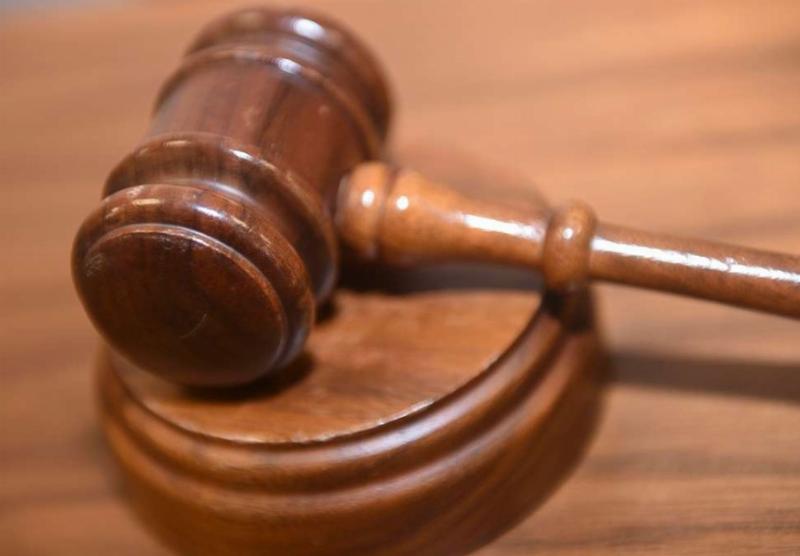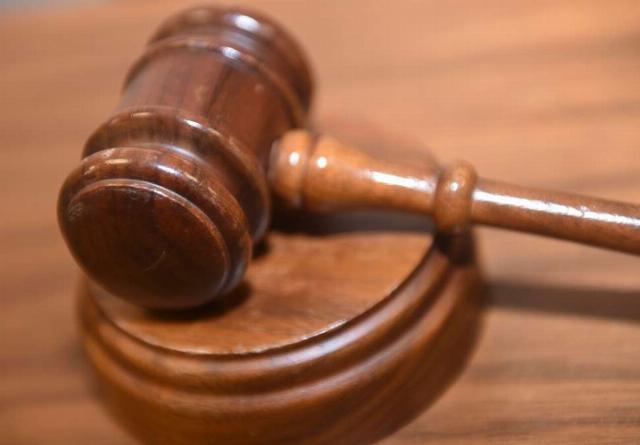


The Muslim Brotherhood’s campaign of lawfare and disinformation against Libyan Field Marshal Khalifa Haftar (often spelled “Hifter”) persists unabated. In April 2024, a lower court ruled that U.S. courts lacked jurisdiction over Haftar, who leads the Libyan National Army (LNA) — Libya’s most powerful military faction. However, the plaintiffs appealed, and the Fourth Circuit Court of Appeals accepted the case in June 2024. This ongoing legal battle represents a continuation of the Islamist movement’s broader perception war against him.
Libya’s Muslim Brotherhood has vilified Haftar for years, labeling him a “war criminal,” an enemy of democracy, a “coup leader,” and a successor to Moammar Gaddafi. These accusations intensified with Haftar’s 2014 military campaign against them. The post-Gaddafi political settlement imposed a Feb. 7, 2014 expiration date on the General National Congress’s term, which the Islamist-controlled body ignored. This blatant disregard for the rule of law prompted Haftar to launch Operation Dignity in May 2014, aimed at dismantling Islamist militias.
Pro-Brotherhood outlets, such as Qatar’s Al Jazeera, Middle East Eye, and Middle East Monitor, have amplified narratives maligning Haftar. These stories have seeped into mainstream Western media, including The Washington Post and The New York Times, entrenching the Brotherhood’s framing.
The Brotherhood’s American affiliates, particularly the Libyan American Alliance (LAA) led by Virginia surgeon Esam Omeish, have sought to leverage U.S. government power through a series of lawsuits. The LAA initiated litigation shortly after Haftar’s 2019 conversation with President Donald Trump, with the apparent goal of halting Haftar’s offensive against Tripoli. The group collaborated with attorney Faisal Gill, who has past associations with the American Muslim Council (AMC), a Muslim Brotherhood front group.
The plaintiffs’ current counsel, Asim Ghafoor, has his own troubling history. He served as spokesman for Care International, linked to the 1993 World Trade Center bombing and the 1998 U.S. embassy bombings in Kenya and Tanzania. Ghafoor also represented the Global Relief Foundation (GRF), an Islamic charity shut down in 2002 for ties to Osama bin Laden, al-Qaeda, and other terrorist networks.
Social media activity from some plaintiffs reveals ideological biases and attempts to conceal their relatives’ affiliations with al-Qaeda fighters killed in combat with the LNA. Others failed to prove in court that their family members were killed by the LNA, given the chaos of war and shelling by militias loyal to the rival Government of National Accord (GNA).
This case exemplifies “malicious prosecution” — litigation driven by ill will, revenge, bias, or ulterior motives.
Consider the current plaintiffs: Muna al-Suyid and her co-plaintiffs Abdalla al-Krshiny, Ahmad al-Krshiny, Mahmud al-Krshiny, and Ibrahim al-Krshiny (also transliterated as al-Karshini). An X account attributed to al-Suyid by Libyan journalist Mohammed Al-Shaafi shows explicit support for the al-Qaeda-linked Benghazi Revolutionaries Shura Council and Libya’s Brotherhood — and al-Qaeda-linked Grand Mufti Sadiq al-Ghariani. This positions al-Suyid as a pro-Brotherhood, pro-al-Qaeda partisan with a clear grudge against Haftar rather than an impartial victim.
In her book Benghazi: Know Thy Enemy: A Cold Case Investigation, CIA targeter Sarah Adams details how al-Suyid’s father, Abdel Salam al-Suyid, led an assassination team in Benghazi’s Bouhdima neighborhood for the al-Qaeda-linked group Ansar al-Sharia. Adams reports that Benghazi residents informed her that al-Suyid’s family members were killed by enraged neighbors, not the LNA. Similarly, the al-Krshiny relatives were al-Qaeda combatants targeted in operations against Haftar’s forces.
The Brotherhood- and Qatari-controlled International Union of Muslim Scholars (IUMS), which supported al-Qaeda jihadists during the 2011 uprising against Gaddafi, accused Haftar in 2014 of leading a “coup” against the illegally seated government. It urged Libyans to resist him and condemned his efforts to “cleanse Libya of the Brotherhood.” Haftar’s actions were, in fact, responses to the Brotherhood’s illegal activities: hijacking the state after losing the July 2012 elections and backing terrorist militias that plunged Libya into anarchy. Al-Qaeda in the Islamic Maghreb (AQIM) echoed this, denouncing Haftar’s campaign as a “war on Islam” — a common jihadist recruitment tactic.
It branded him a “traitor” and called on Libyan tribes to disavow him. This rhetoric has been imported to the U.S. by the Libyan Brotherhood’s American allies. Omeish, labeled a “terrorist” by Libya’s House of Representatives for his Brotherhood activities, maintains close ties to Libyan Brotherhood figures like State Council chairman Khalid al-Mishri. In 2016, Omeish portrayed Haftar as another Gaddafi bent on restoring military rule and endorsed the al-Qaeda-linked Mujahideen Shura Council of Derna, glossing over its extremist ties by calling it a group of “moderate” Islamists. Beyond his Libyan connections, Omeish has strong ties to the U.S. Democrat party.
In essence, Haftar faces a siege from individuals with deep ties to the Muslim Brotherhood and al-Qaeda, all because he seeks to dismantle their destructive influence in Libya. The accusations lack substantive merit, rooted instead in the biases of terrorist sympathizers who ravaged the country after Gaddafi’s fall. These claims should be dismissed as the baseless lawfare they are.

Image via Picryl.
